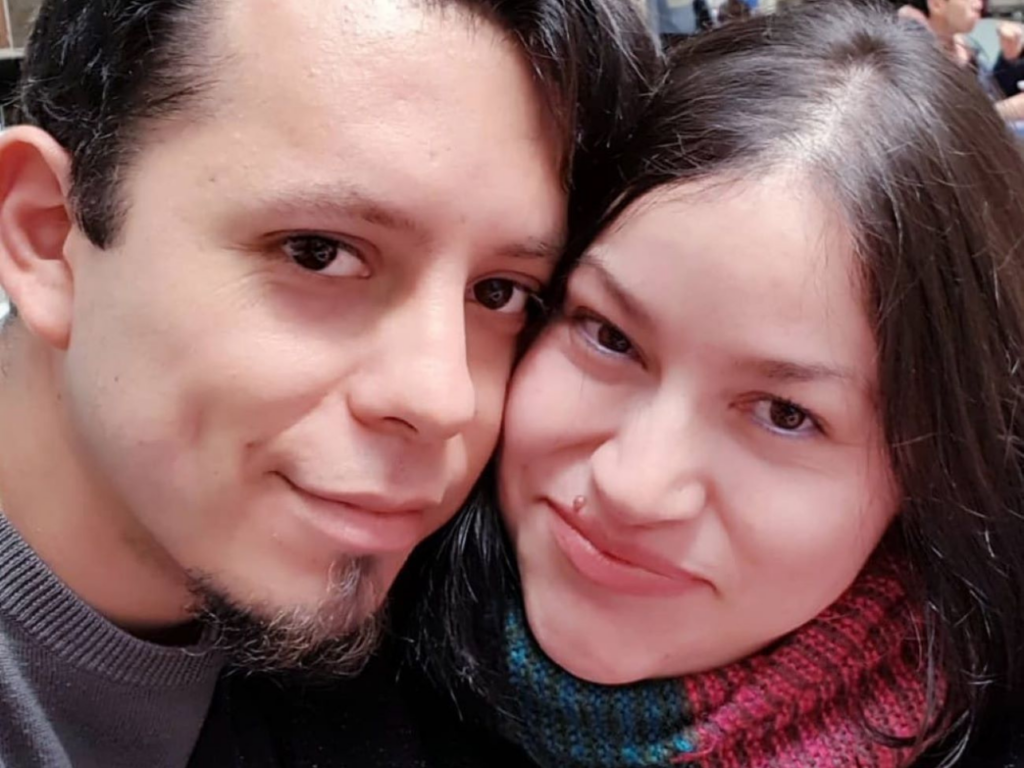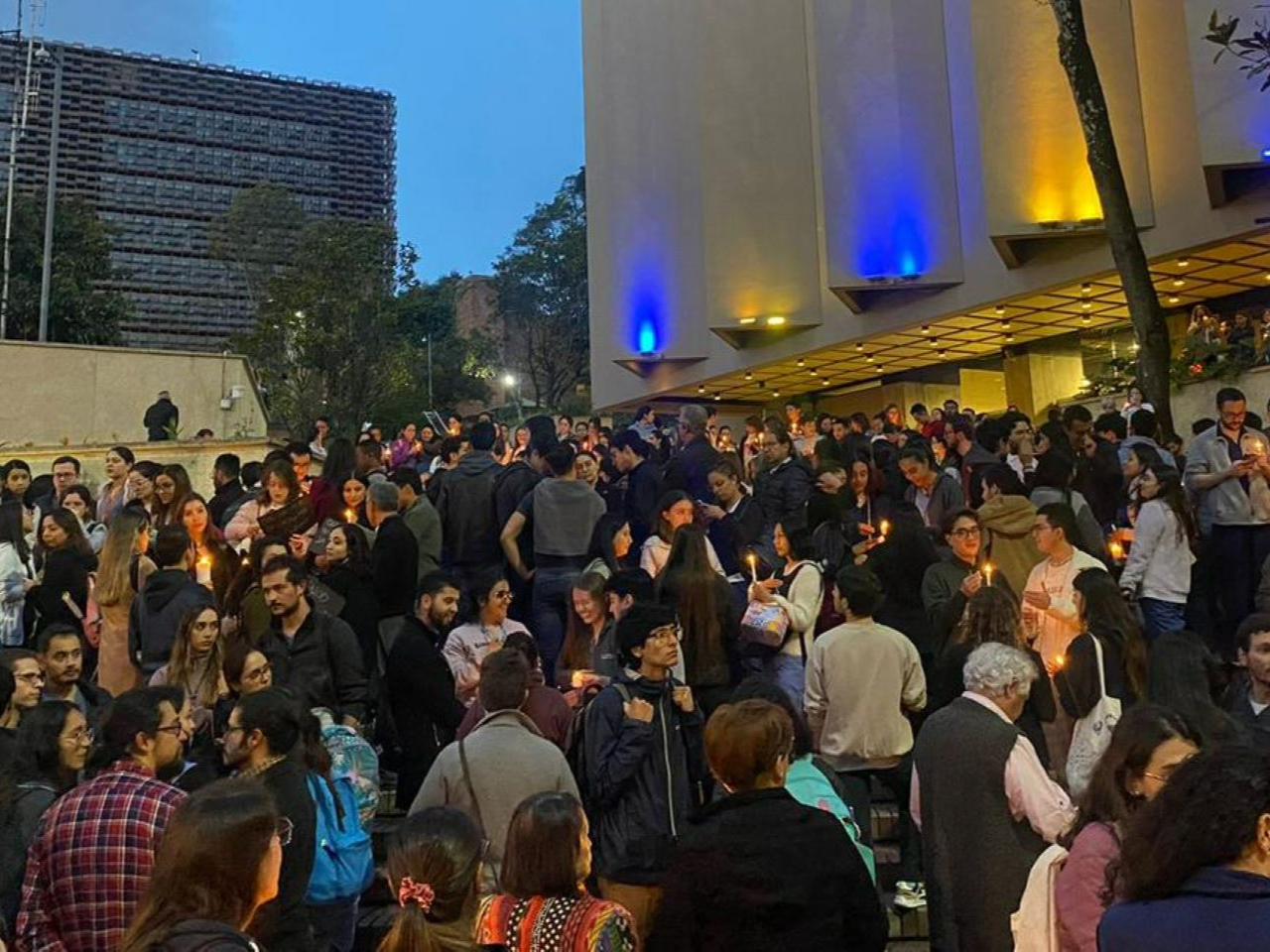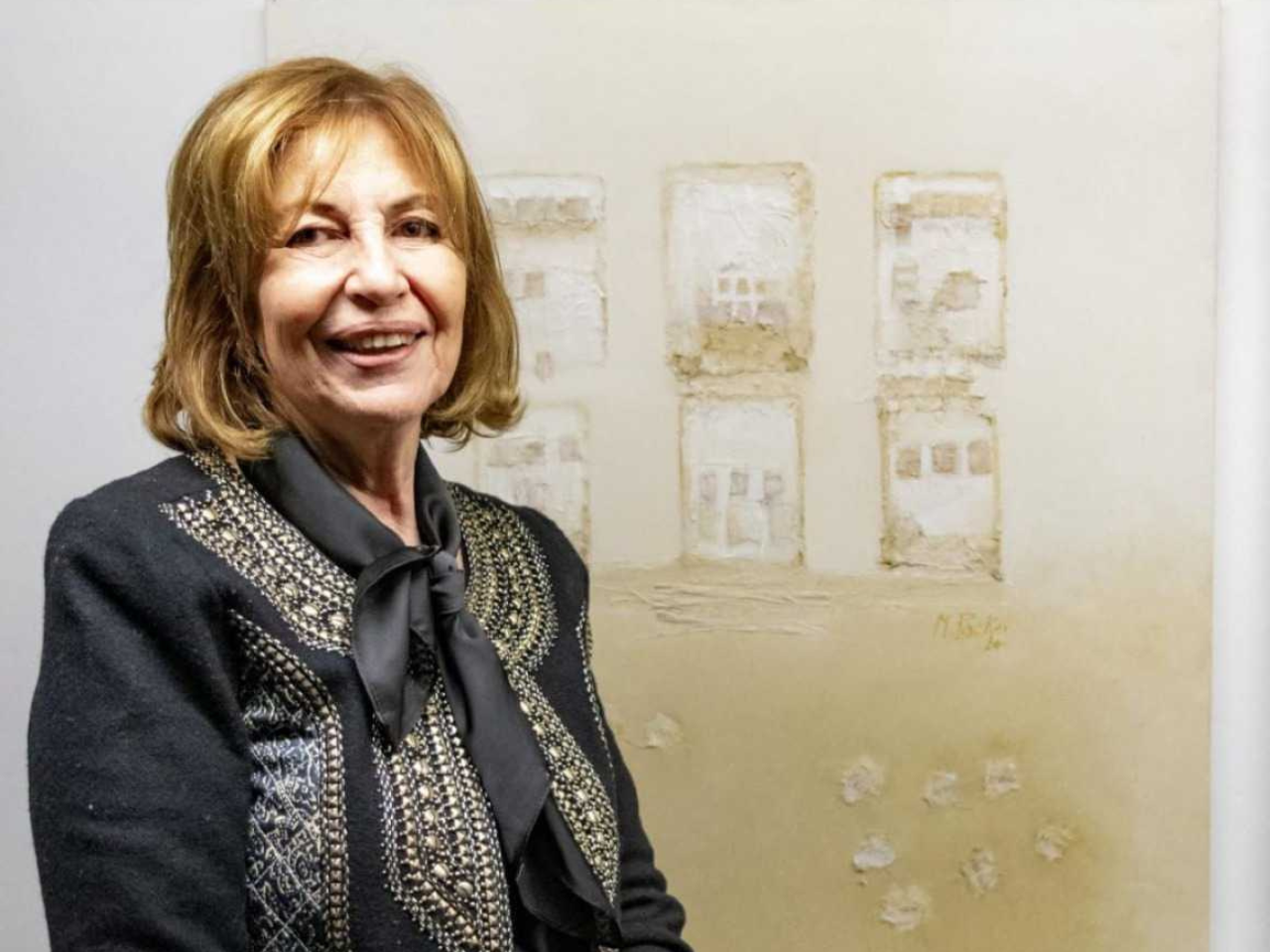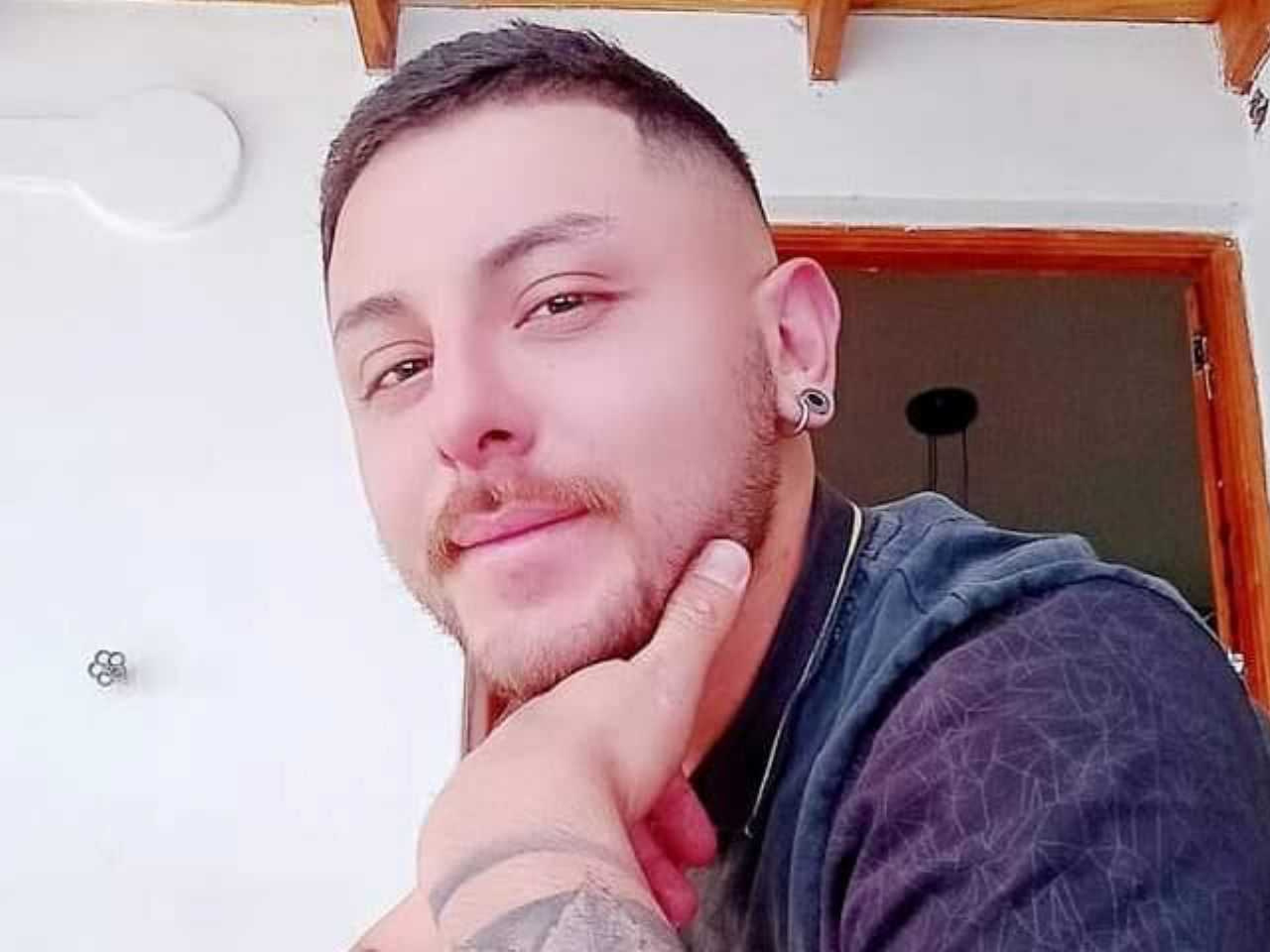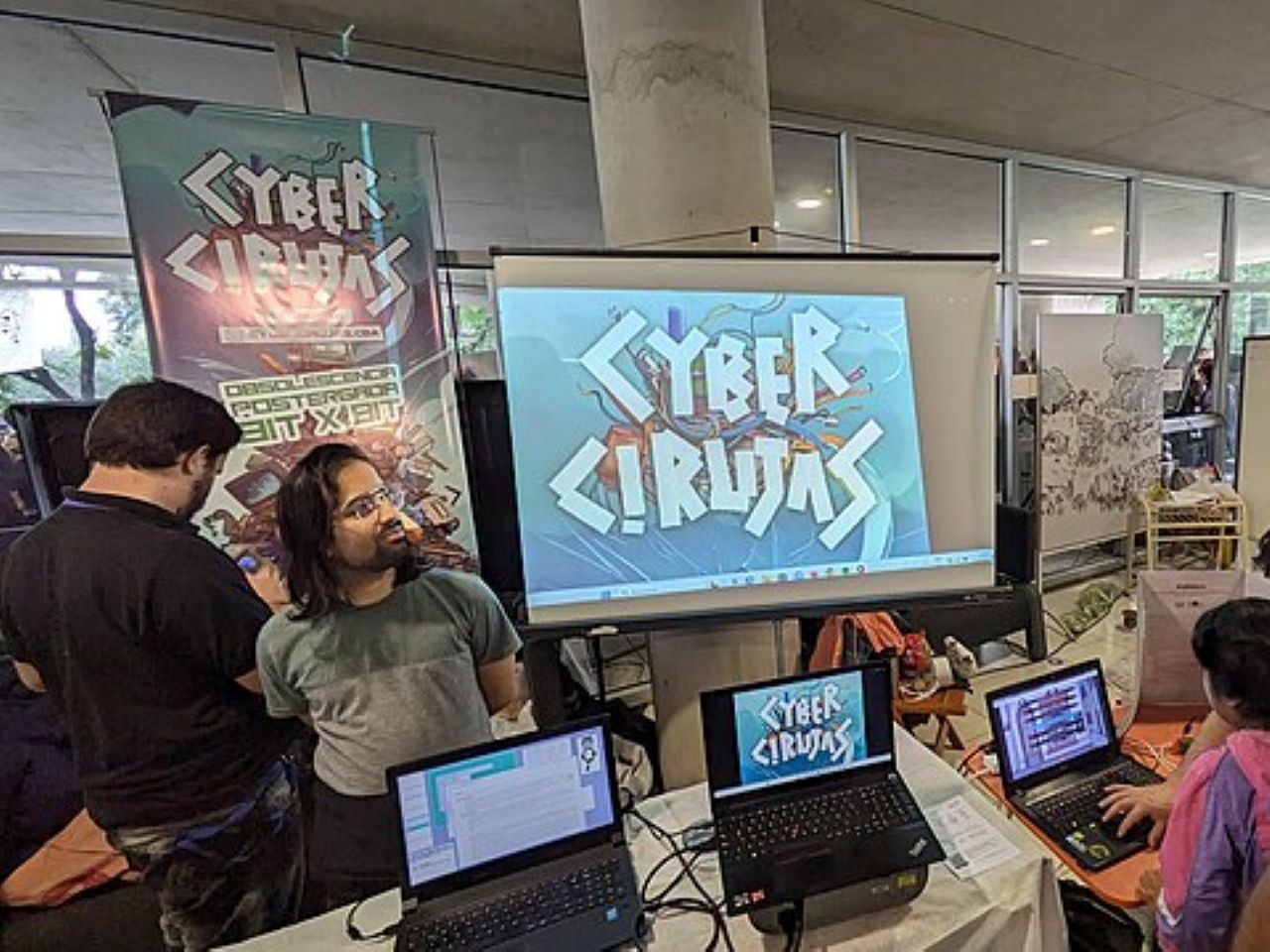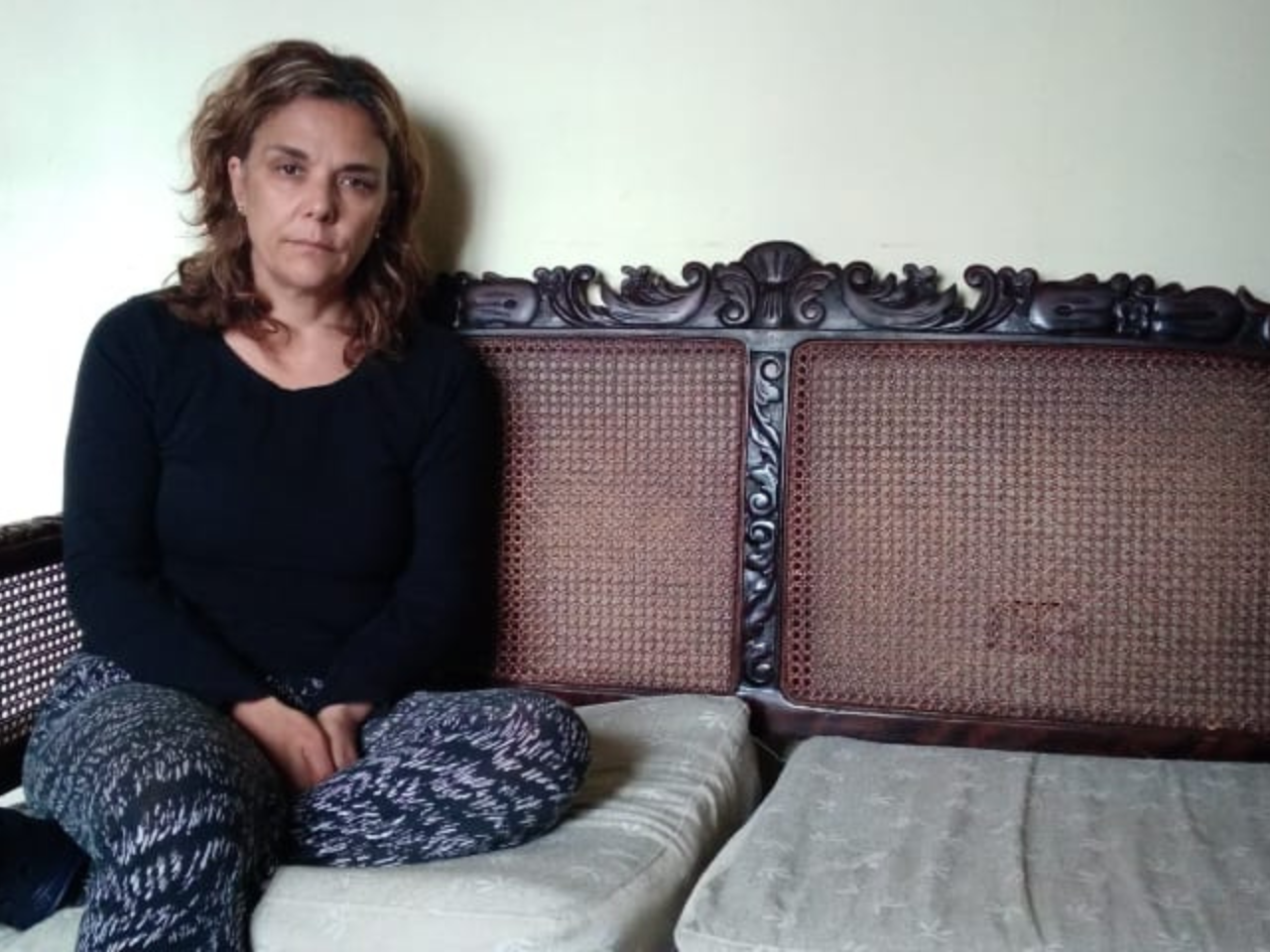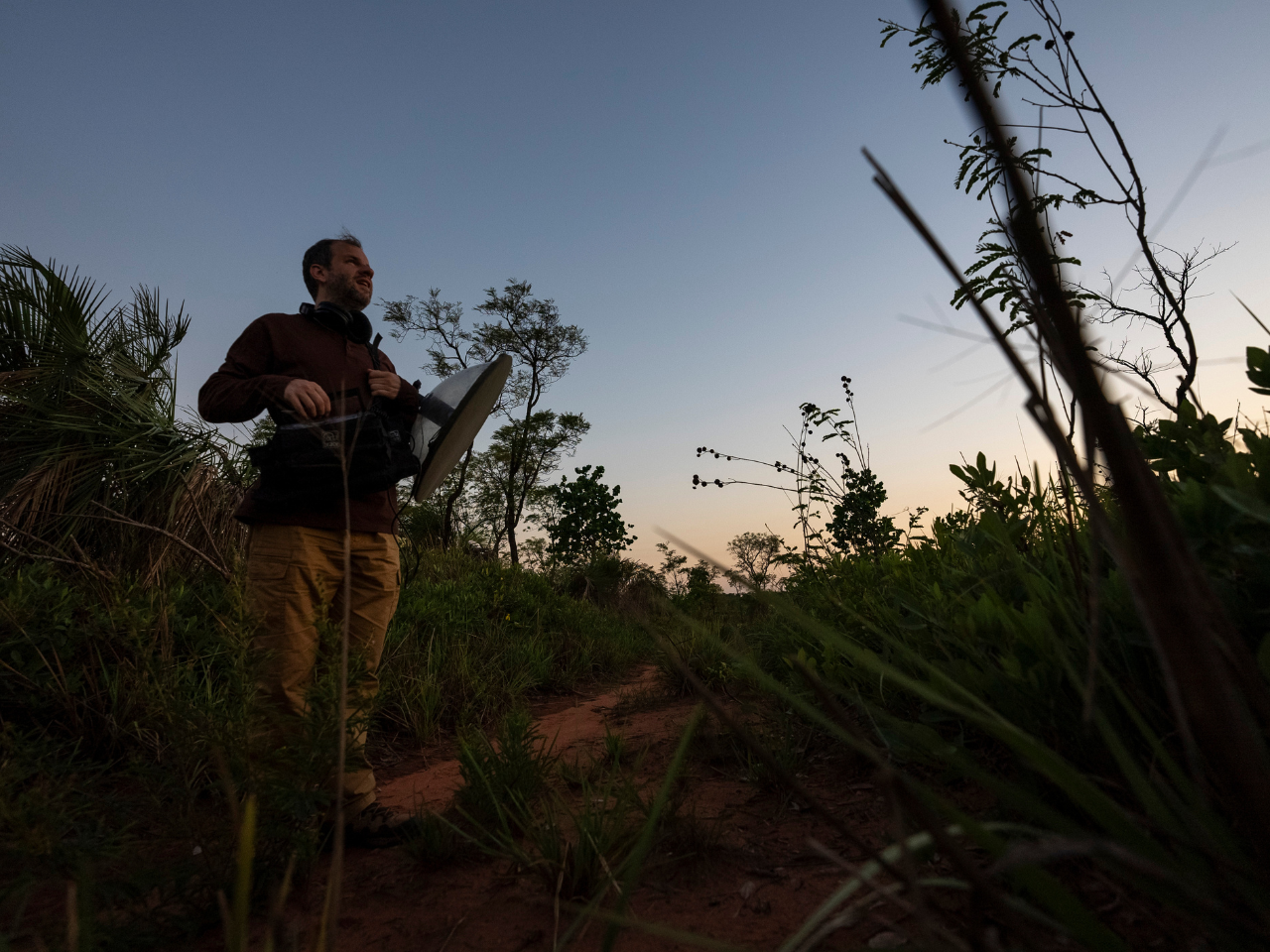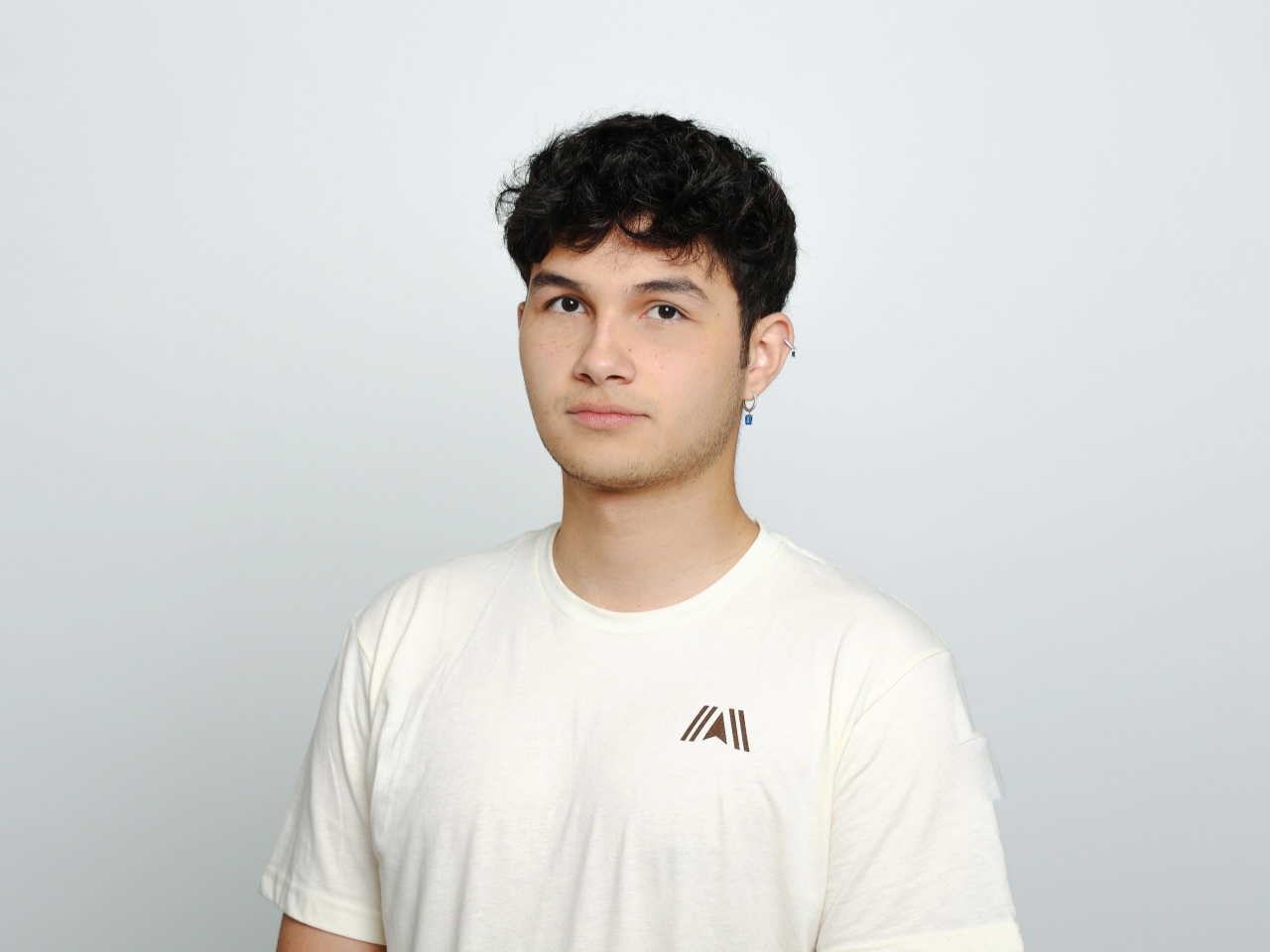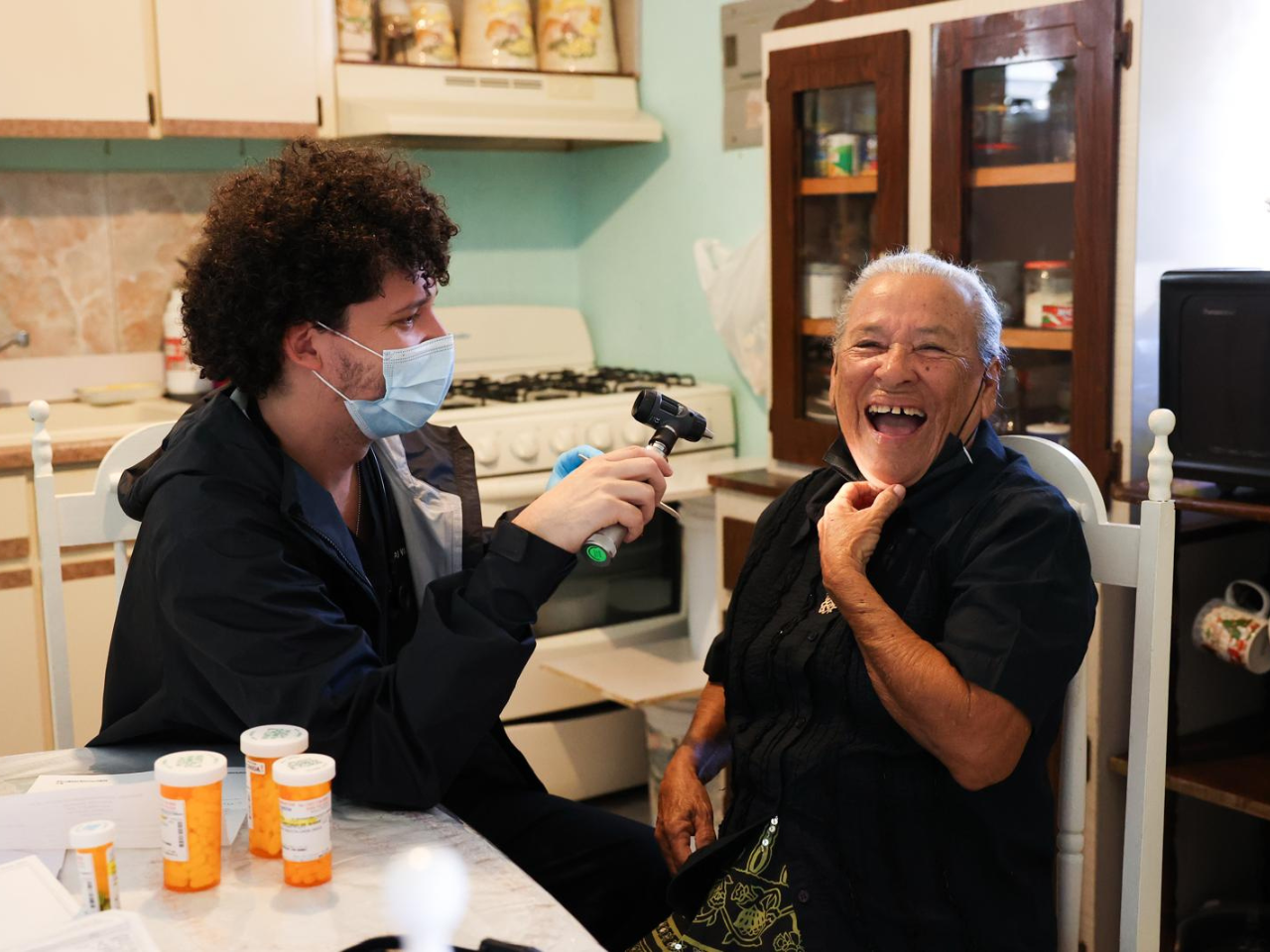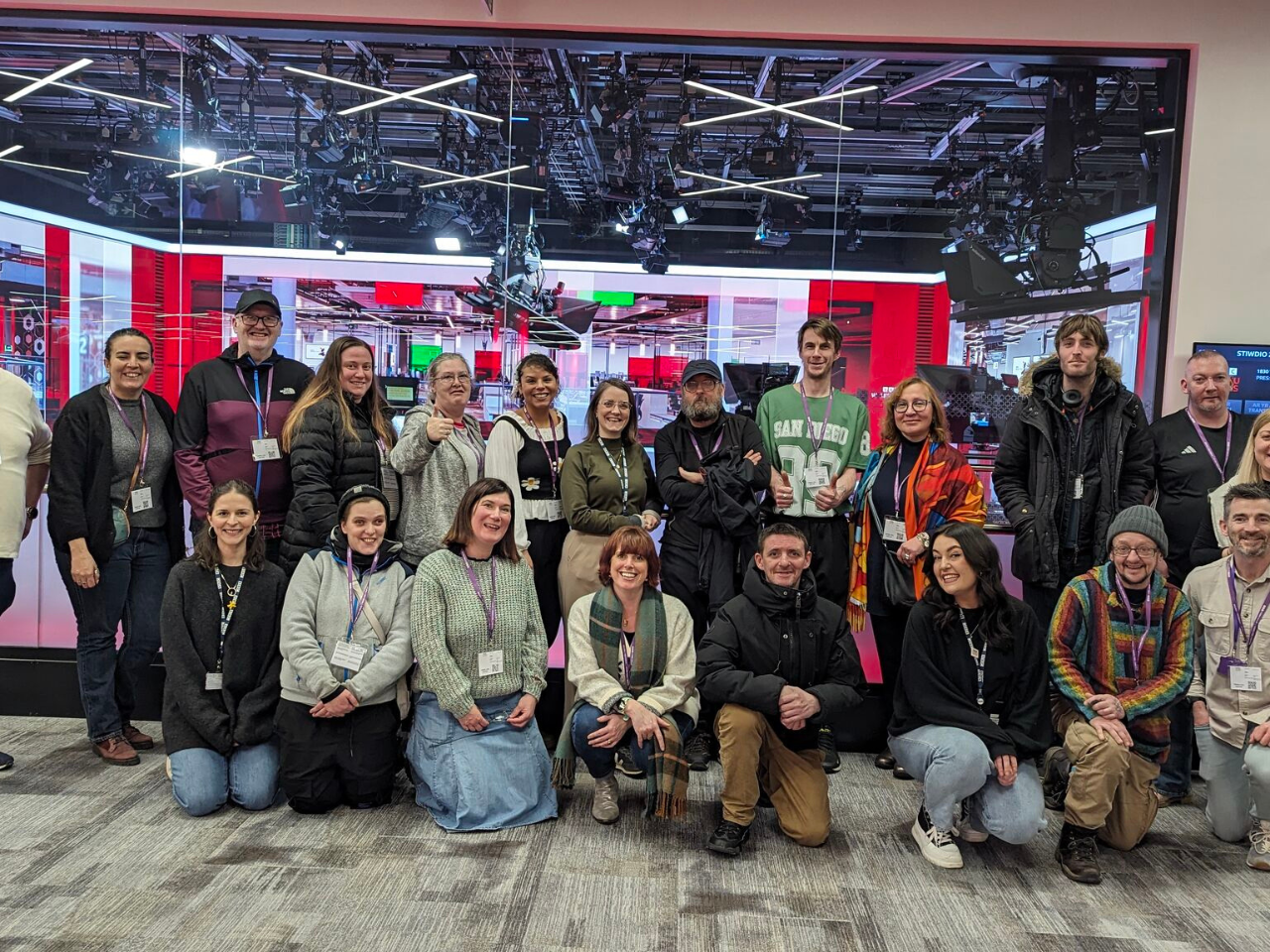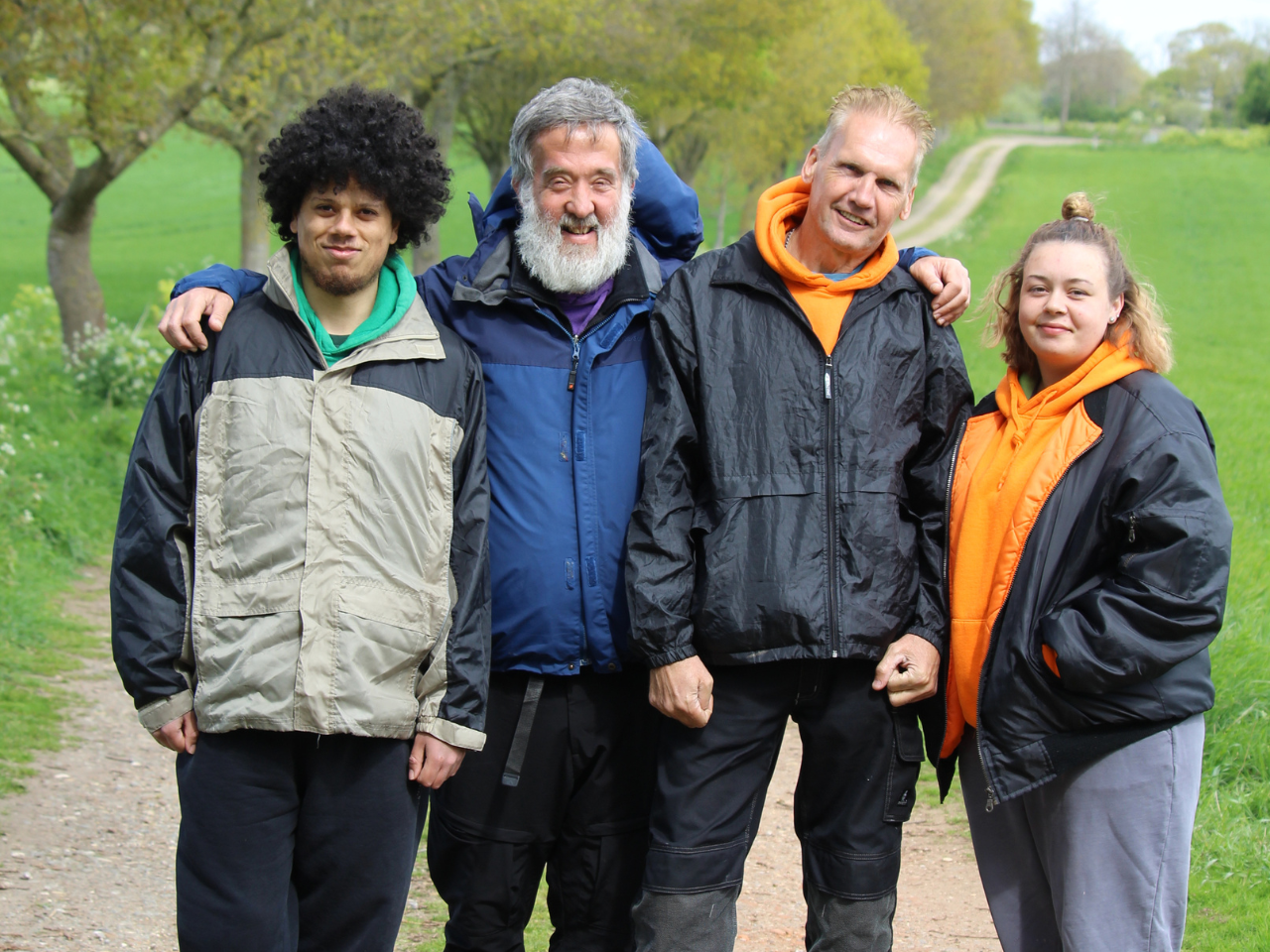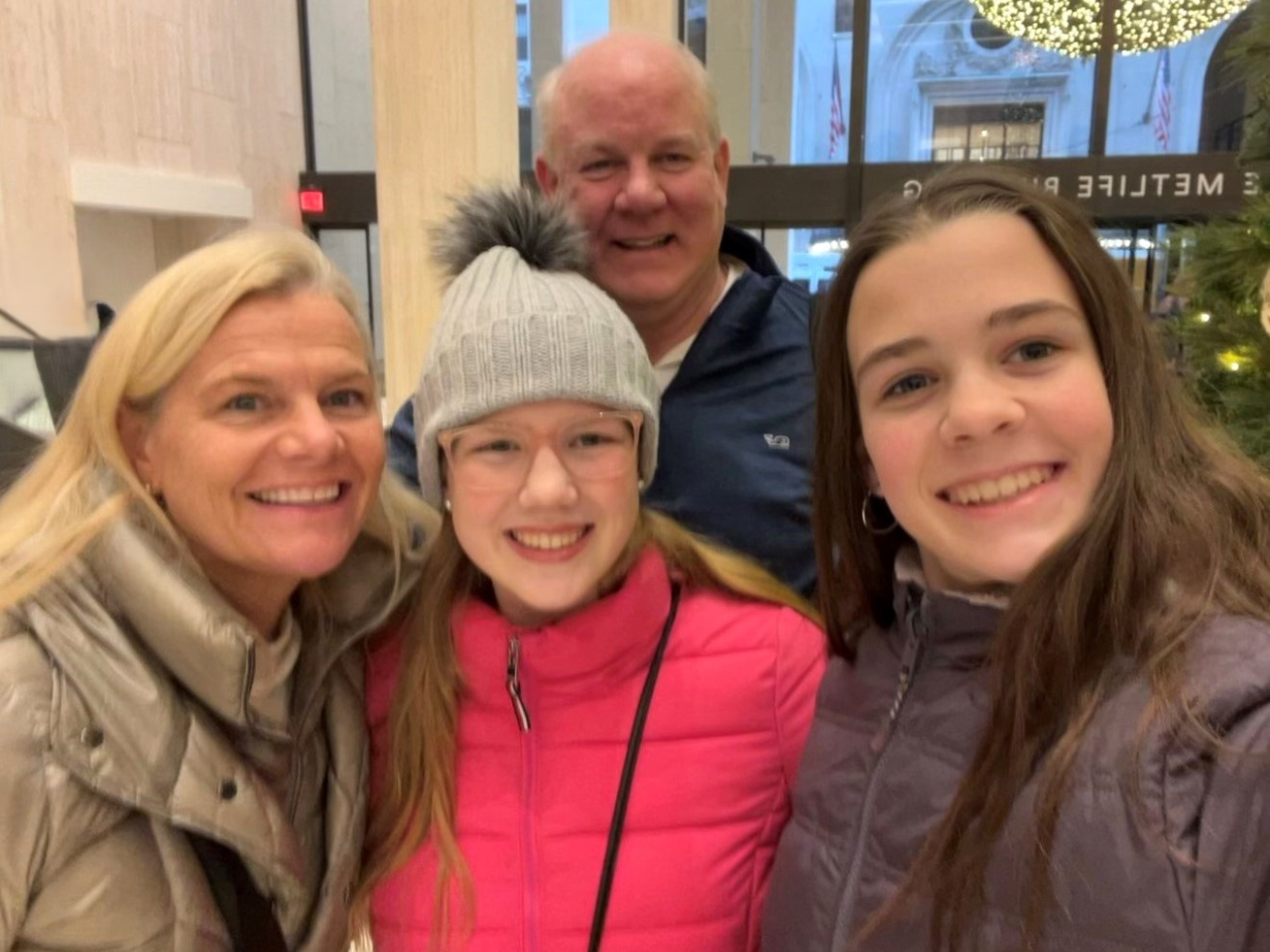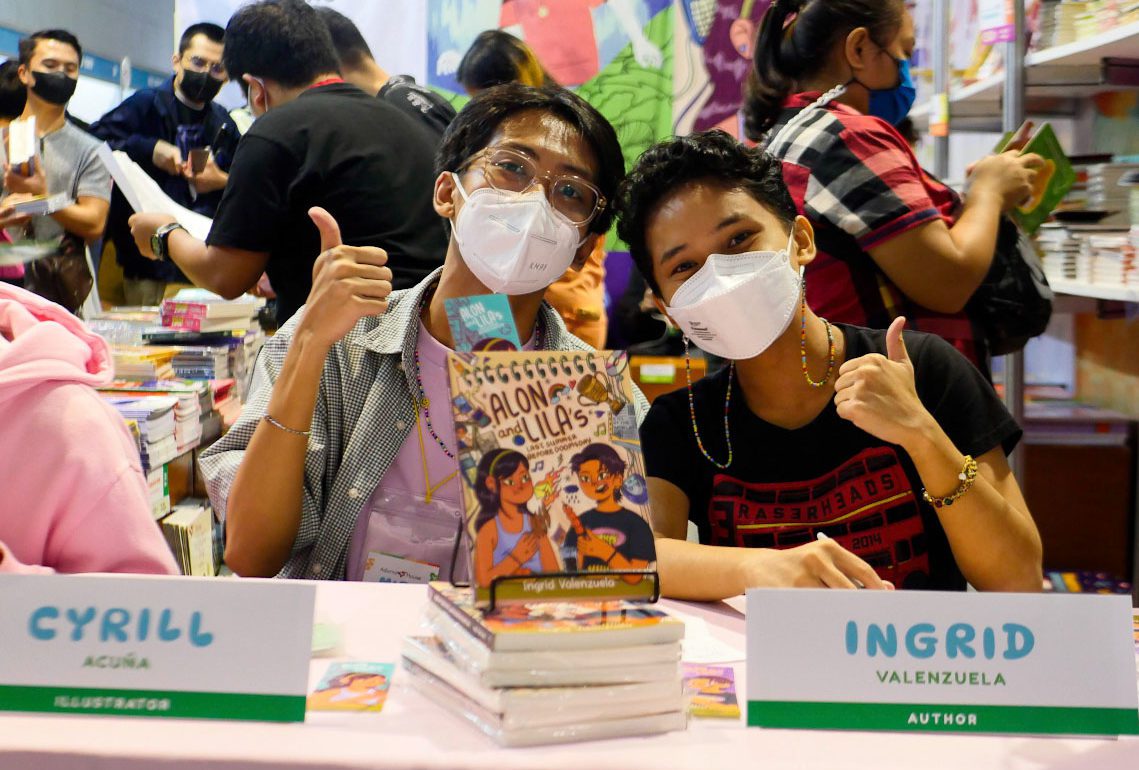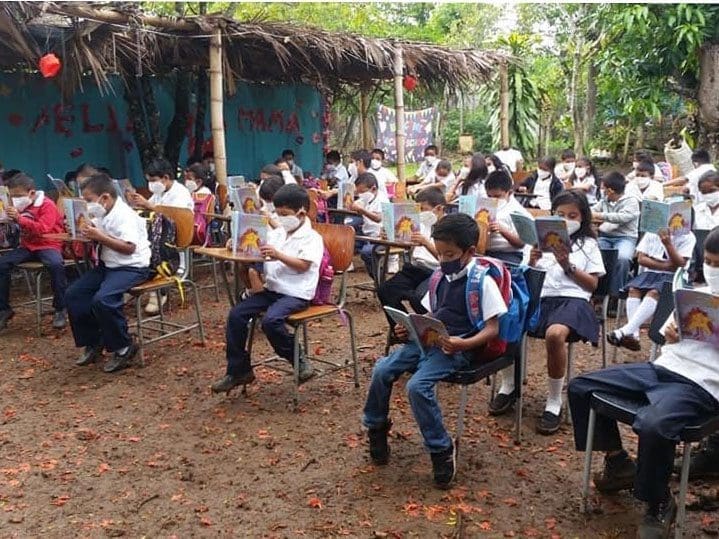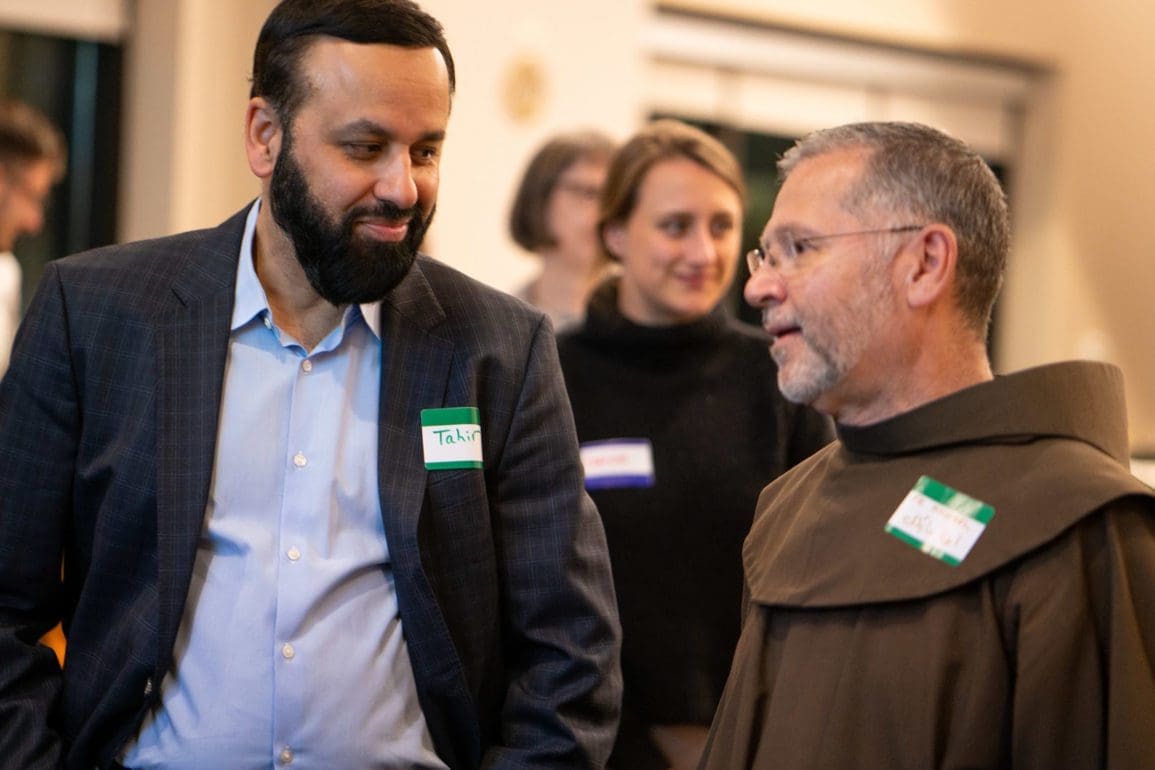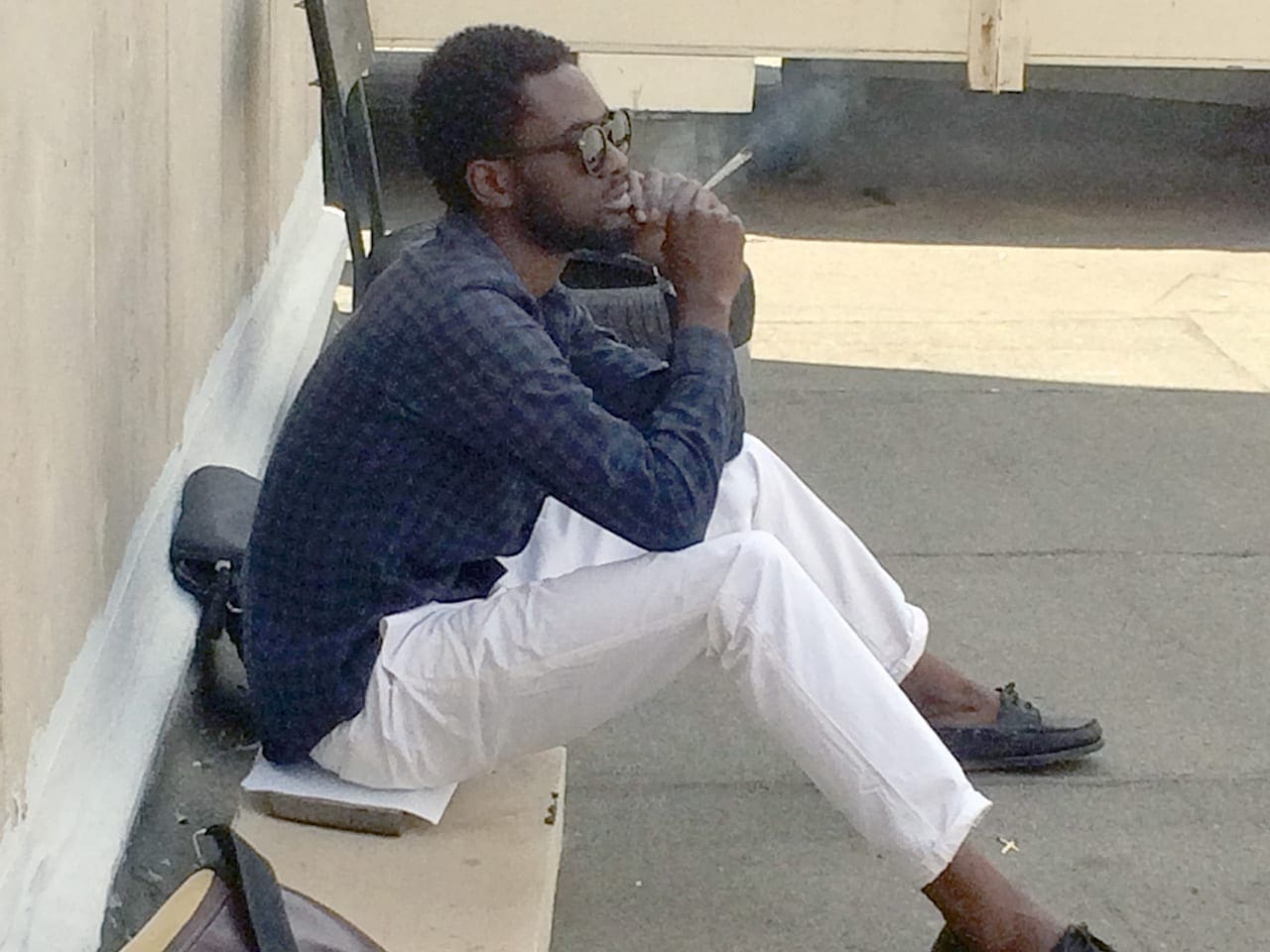“I refuse to live hooked to machines or endure suffering that cannot be managed:” woman pleads for dignified death in Chile
My final days will likely be marked by the inability to breathe. It feels unjust, so I began considering a dignified death. Euthanasia may sound frightening, but living with illness creates constant uncertainty. Euthanasia is not wanting to die or choosing suicide; it’s about the option to die before completely losing myself.
- 1 year ago
September 1, 2024
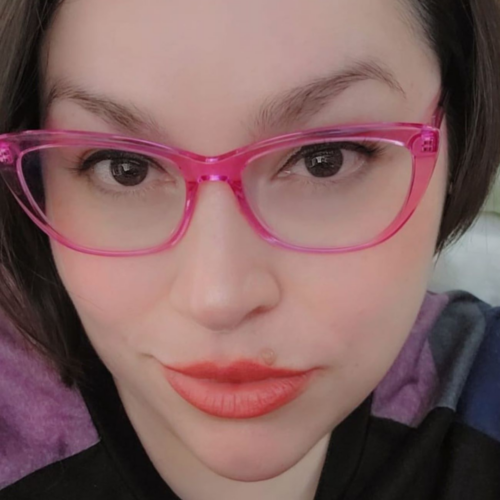
SANTIAGO, Chile — Recently, while watching television, Chile’s President Gabriel Boric shocked me by mentioning my request for a dignified death. He acknowledged my suffering before the entire nation. The Chamber of Deputies approved the euthanasia law in 2022, but the Senate Health Committee continues to stall its progress. Despite this, I remain hopeful the law will pass soon.
I have muscular dystrophy, a degenerative disease that steadily steals my strength and mobility. Diagnosed at eight years old, I watched my quality-of-life decline as the disease progressed, leaving me in constant pain today.
Read more health stories at Orato World Media.
A life of endurance: facing muscular dystrophy
As a child, I constantly felt exhausted and weak, often collapsing at the slightest push. In the beginning, my family lacked the information and resources to seek specialized opinions. Over time, I felt the disease devouring my muscles, leaving me in constant pain, much like the deep aches of severe pneumonia.
As the disease progressed, I kept walking by clinging to walls, but the exhaustion grew unbearable. Eventually, it became extreme. I started university but dropped out. Dressing, bathing, and cooking became impossible.
Doctors said I would die by 30 years old, and depression overtook me. My mother offered to care for me until the end, and I moved in with her promptly. Sadness highlighted those years. My strength slipped away until I became confined to a wheelchair. The transition filled me with dread.
My daily life shrank to the basics: breathing, eating, and speaking, all of which left me tired. Relentless physical pain eventually confined me to bed. I have fought for 22 years. Losing my independence shattered a part of my soul that will never heal. The pain of what I lost cuts deep, leaving a permanent ache in my heart.
From a young age, I knew my condition would only worsen, that I would witness the slow decay of my body as if something were devouring me from within. I always knew my end would be terrible and began to consider options to avoid an agonizing death.
Finding love while living with a terminal illness
I have good and bad days, with episodes of intense pain that wash over me like seasons. I live with skin wounds, and even a cold can turn serious. Yet I learned to endure the pain, almost like a form of training. There are moments when I try to sit up, but it quickly exhausts me. My respiratory system tires, my body shakes, and I struggle to breathe, sometimes choking.
I live with daily fear that haunts me. Some days, it overwhelms me, but I push through, focusing on the present. Drawing and reading help; immersing myself in books transports me to other worlds, offering healing and escape. Then, in 2008, a simple message on Fotolog changed everything. Jorge entered my life like a ray of light.
I warned him not to fall in love with me, but after our first date, we became inseparable. We experienced an instant connection, something magical. He saw me for who I am, not for my illness or wheelchair. We fell in love within seconds. While he fears losing me, he fears seeing me suffer more. Still, our love transcends that fear.
In 2020, I contracted COVID-19, and that experience profoundly affected me. It forced me to confront the disease in ways I had not before. Many times, I suffocated, believing I would die, choking on my fluids. That terrifying experience made me realized I do not want to die like that. I felt adrift in an ocean of uncertainty, disconnected from myself. It made me reflect deeply and I knew I could not let myself reach that point again.
President Gabriel Boric publicly recognizes my request for a dignified death
Knowing my final days would likely be marked by the inability to breathe, I began considering a dignified death. Euthanasia may sound frightening, but living with illness creates constant uncertainty. Euthanasia is not wanting to die or choosing suicide; it’s about the option to die before completely losing myself.
Last year, when my father-in-law passed, I watched his autonomy fade as he suffered. No longer there; only his body remained. That experience deepened my resolve for a peaceful end. Death is always painful, but it is even harder when families witness their loved ones suffer. As a result, I asked President Gabriel Boric to push forward legislation granting terminal patients access to assisted death or euthanasia.
I felt determined, even though I had not shared it with my family. In 2023, during a period of intense anguish, as I watched my body deteriorate, I wrote and sent a letter to the President. The future felt frighteningly real. I described what it feels like to live with the uncertainty of a degenerative disease, asking him to advance a law allowing terminally ill patients access to assisted death or euthanasia.
Almost a year later, to my surprise, while watching TV, I heard President Gabriel Boric mention my request: “Susana asked me to authorize her dignified death,” he said. Though he could not grant it, he acknowledged the urgency and stressed the need to prioritize a euthanasia bill for those suffering from intolerable, irreversible conditions.
A dignified choice, finding peace in death
When the president spoke about my situation, it felt shocking. He acknowledged the suffering of an invisible person before the entire country. The profound emotional impact gave me the strength to speak publicly about something often endured in silence. Many families like mine struggle with incurable diseases.
If lawmakers grant us the choice tomorrow, it will mark a monumental step forward for everyone confronting these painful realities. I refuse to live hooked to machines or endure suffering that cannot be managed. After sending the letter, I engaged in a difficult conversation with my family. They struggled to accept my decision, but over time, they came to understand.
I asked my family to begin accepting my loss; to understand that in the end I will not truly be myself anymore, only someone who looks like me. Though I love my life, I need them to accept my choice. Today, I am 90 percent disabled. Knowing I may have the option of a dignified death gives me more peace and less fear. In 2022, the Chamber of Deputies approved the law, but the Senate Health Committee continues to stall its progress.
Parliamentarians face the tough task of balancing ideological differences. Euthanasia may seem frightening to some, but without it, they deny patients like me not only a dignified death but a dignified life. I remain hopeful the law will pass soon. When the time comes to face euthanasia, I want my loved ones to surround me for a final farewell.
What brings me joy now is waking up and cherishing the love and small moments—a hug, a glance, a caress, or a kind word. Nothing compares to that. I do my best to stay positive, though it’s not always easy.

